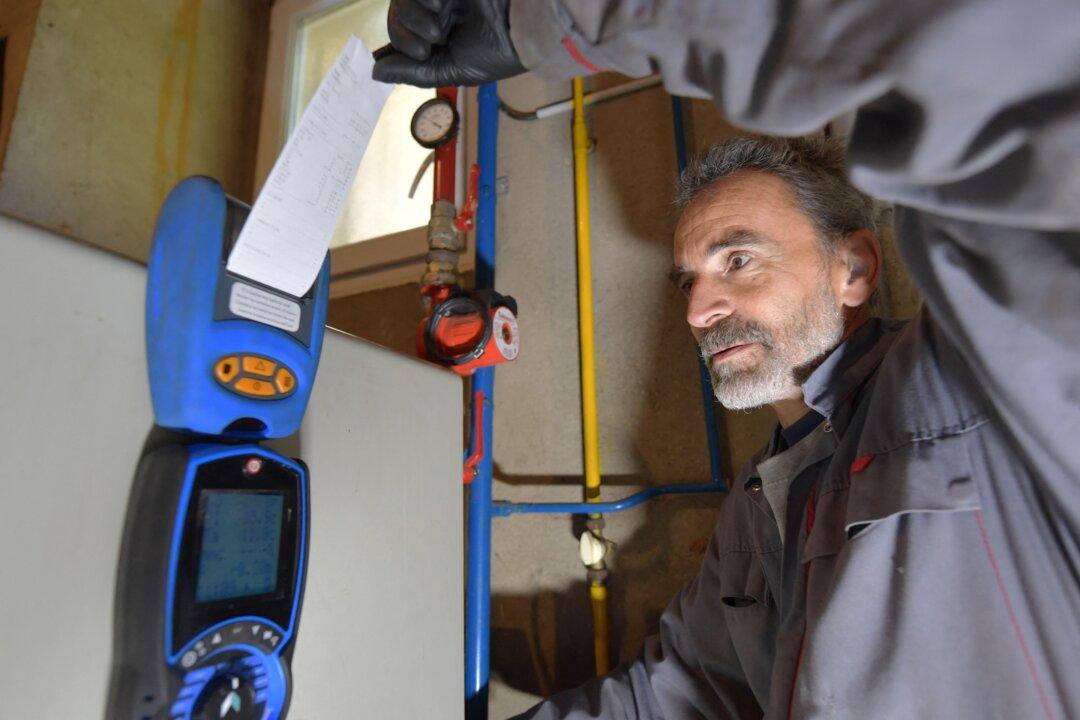Commentary
They ruined the toilets, the showerheads, the dishwashers, the clothes washers and dryers, the irons, the refrigerators with ice makers, and the gas cans, not to mention the gas itself.

They ruined the toilets, the showerheads, the dishwashers, the clothes washers and dryers, the irons, the refrigerators with ice makers, and the gas cans, not to mention the gas itself.